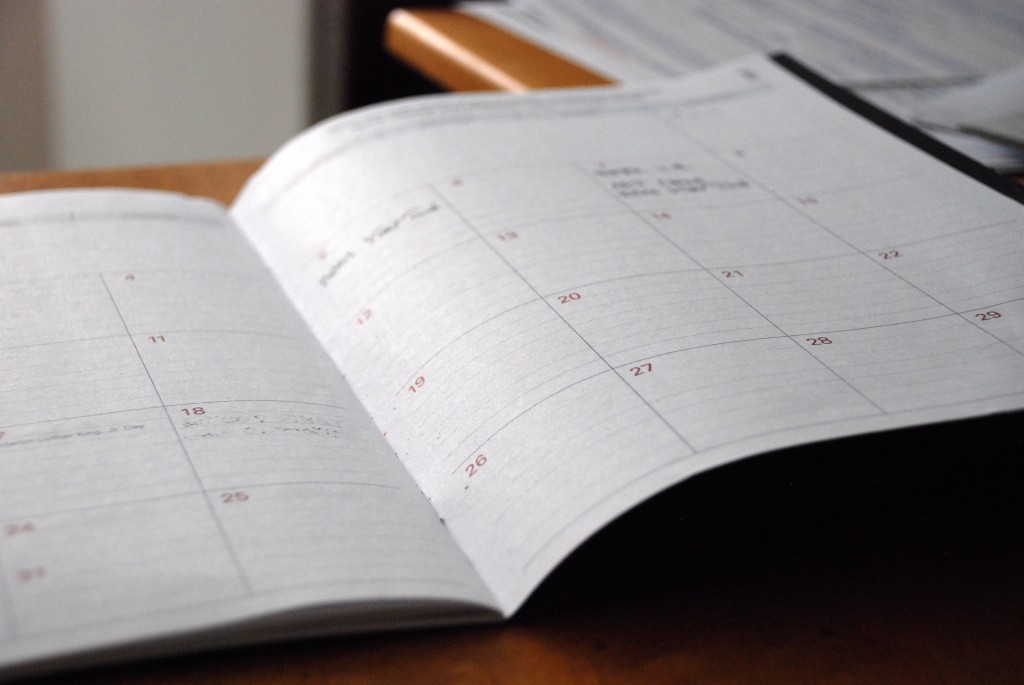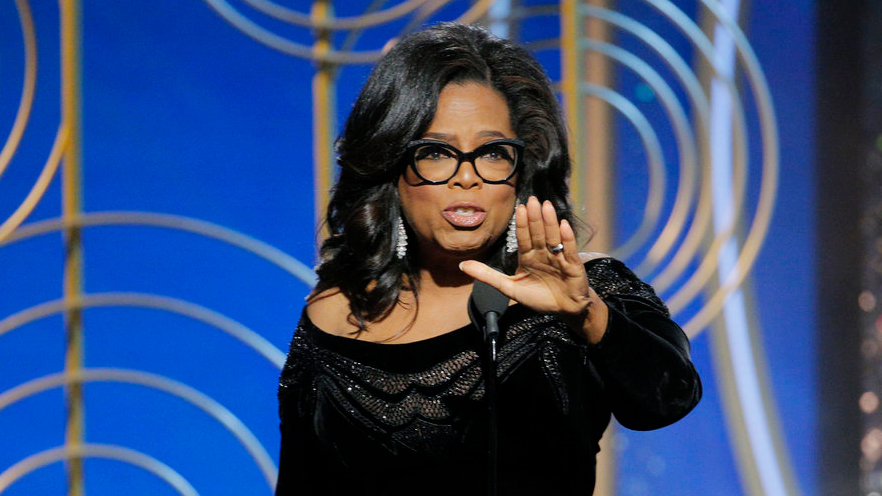“I can’t believe you still use an old-fashioned calendar,” my friend said. “You realize that you could use your phone, even your computer instead.” Yes, of course I realize that. I choose to roll “Old School” when it comes to calendars, though.
As a Baby Boomer, technology hasn’t come easily to me. I wasn’t born with a mobile device or a computer in my hands like Generations Y or Z. Don’t get me wrong. I own an iPhone, an iPod, an iPad, and of course, a MacBook Pro. I have my social media accounts. I use some favorite apps. But my calendar? I’m simply old-fashioned.
There’s a lesson to be learned here for all of us. You have your way of doing things. I have my way of doing things. It’s called choice. We are all entitled to it, and we all take advantage of doing things our way. If you have ever found yourself in a situation where you said to another person, “What we have here is a failure to communicate,” often, the “failure” in communicating is simply not understanding why people do things the way they do. We expect everyone to behave exactly as we do, yet, we know that’s not just improbable, it’s impossible.
The key to understanding others is this: We learn in different ways, the most common being Visual (see it), Auditory (hear it), and Kinesthetic (experience or feel it).
In my case, I’m a Visual Kinesthetic. That means that I learn best when seeing and experiencing something new. With my calendar, my Visual and Kinesthetic needs are both fulfilled. Visual: The calendar sits on my desk, so I see it every day (without having to boot up my cell phone or turn on my computer). Kinesthetic: Writing information in the calendar is a physical action that allows me to remember much better. Because an electronic calendar resides on my laptop or my phone, I can go for days without “seeing” it. I never miss appointments because I see my calendar sitting on my desk.
Auditory learners don’t need to write things down as much as Kinesthetic learners do. Don’t fret if Jane isn’t taking notes at a meeting; chances are, she is Auditory and will remember every word she heard. And yes, she remembers the words to every song she has ever heard.
If you work with – or live with – someone who does things differently from you, don’t try to change them to your behavior. Instead, understand that they are behaving that way because they are wired that way. If Bob needs to leave himself a Post-It Note as a reminder to file a document the following day, leave Bob be. It works for him.
Observe your team members. See if you can figure out who is a Visual, Auditory, or Kinesthetic learner. Once you realize how they are wired, you will be able to tailor your message to them. You’ll be happy. They’ll be happy. You’ll also find that productivity goes up when you don’t try to change other people to your learning style.



